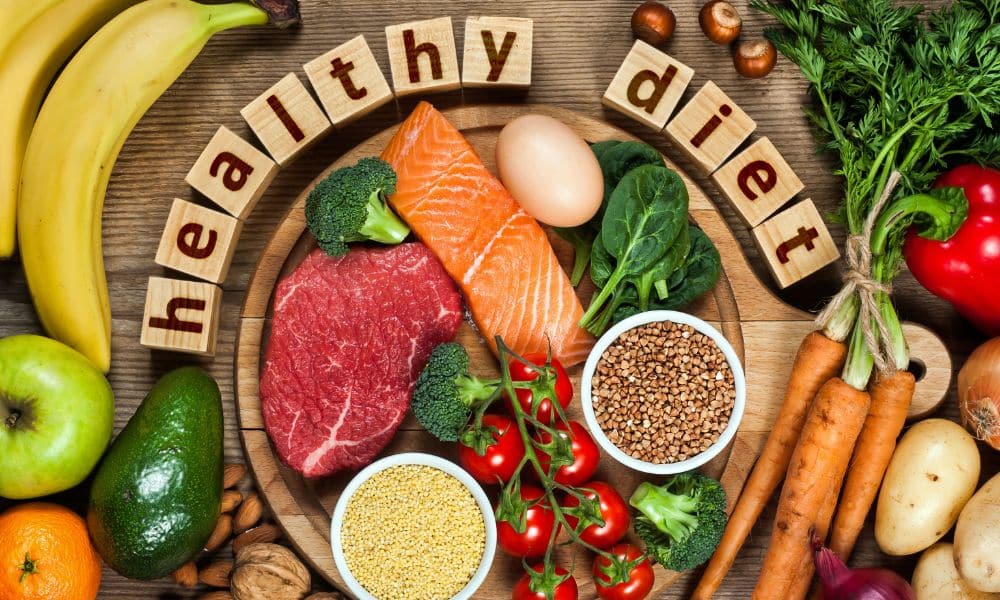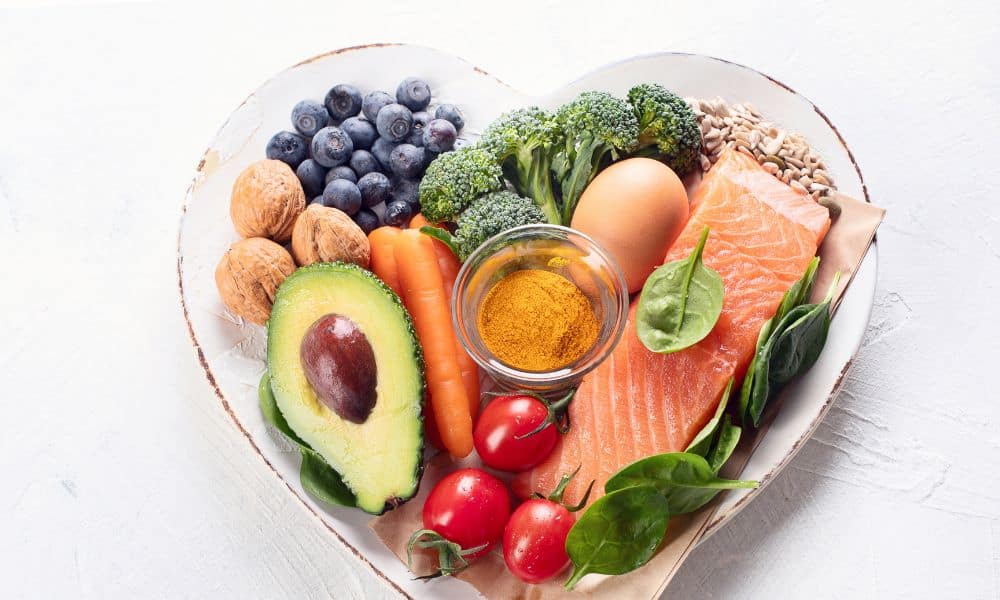Sticking to a balanced and conscience diet is sometimes challenging in today’s vibrant and fast-paced environment. It might be challenging to sort through the profusion of healthy diets to find which one is best for you. And even if you’ve chosen a meal plan, sticking to it might be challenging.
The good news is that having a healthy conscience diet is doable, no matter how difficult it may seem, and it does not need you to give up your favorite foods. Experts have scientifically proven that a diet rich in vegetables and fruits offers varied health benefits, like lowering your risk of chronic diseases by ensuring your body is in good shape. Here’s presenting seven simple ideas and tactics that make eating healthy a calm breeze:

1. Select Whole-Grain Foods Instead of Refined:
You may quickly improve your diet by switching to whole-grain bread instead of refined-grain bread. I have related the consumption of refined grains to several health issues. Whole grains link to various health benefits, including a reduced risk of heart disease, cancer, and type 2 diabetes.
Whole grains offer an excellent source of fiber, B vitamins, and minerals like zinc, iron, manganese, and magnesium. In addition, it provides a variety of flavors, some of which are even better than refined bread.
2. Include Greek Yogurt in Your Diet:
Greek yogurt is creamier and thicker than regular yogurt (or Greek-style yogurt). Also, manufacturers strained it to remove the milk’s excess whey or watery component. As a result, the end product contains more fat and protein than regular yogurt.
It has up to twice as much protein as regular yogurt, or 10 grams every 3.5 ounces (100 grams). In addition, because manufacturers strained it to remove the milk’s excess, Greek yogurt contains fewer carbs and lactose than conventional yogurt. Also, this makes it suitable for people who follow a low-carb or lactose-free conscience diet.
3. Have Eggs During Breakfast:
Nature-packed eggs with nutrients, especially when consumed in the morning. They’re high in high-quality protein and essential elements like choline, which many people lack. In a study that compared many types of calorie-matched meals, eggs came out on top. So we can increase satiety by eating eggs first thing in the morning.
As a result, people have been consuming fewer calories following meals. In addition, it can be pretty helpful if you’re attempting to lose weight. As a result, simply replacing your current breakfast with eggs could provide considerable health benefits.
4. Increase Your Protein Intake:
We know protein as the “King of Nutrients.” We typically regard it as full of macro-nutrients because of its capacity to influence appetite and satiety hormones. According to one study, for example, in obese patients, eating a high-protein meal reduced Ghrelin levels more than eating a high-carb meal.
Protein also aids in preserving muscle mass and may aid in burning a few extra calories per day. It’s also crucial for preventing muscle loss, which can occur when you lose weight or age. Nuts, dairy products, eggs, peanut butter, beans, and lean meat are excellent protein sources.
5. Choose Baked Potatoes Rather than French Fries:
Potatoes are a hearty side dish that goes with a variety of entrees. However, how you cook them has a significant impact on their health. To begin with, 3.5 ounces (100 grams) of baked potatoes have 93 calories, whereas the same number of french fries has roughly three times as many (333 calories).
We commonly find hazardous chemicals such as formaldehyde and trans fats in deep-fried french fries. Using roasted or boiled potatoes instead of french fries is a terrific method to save calories and prevent these harmful substances.
6. Choose Healthy Oils:
Over the last few decades, highly processed seed and vegetable oils have become household staples. Soybean, cottonseed, sunflower, and canola oils are examples. These oils are heavy in omega-6 fatty acids but low in omega-3 fatty acids, which are suitable for your heart.
According to a study, scientists associated a high omega-6 to omega-3 ratio with chronic illnesses like heart disease, cancer, osteoporosis, and autoimmune disorders. So change these oils for healthier benefits like avocado, extra virgin olive oil, and coconut oil.
7. Get A Good Night’s Sleep:
We cannot overstate the importance of getting a good night’s sleep cannot. Sleep deprivation, which leads to an increase in appetite, affects hunger regulation. As a result, calorie consumption rises, and weight gain occurs. Therefore, people who don’t get enough sleep weigh much more than those who receive adequate sleep.
Experts have also shown sleep deprivation negatively affects focus, productivity, athletic performance, glucose metabolism, and immunological function. It raises your chances of developing various disorders, including inflammatory problems and heart disease. That’s why it’s crucial to get enough good-quality sleep, preferably all at once. You may try ejuice to get a sound sleep at night.
The Last Word on How to Be Diet Conscience with Seven Diet Tips
Changing your diet suddenly can be a recipe for disaster. So instead, make some of those simple dietary changes to improve your diet. Some of these ideas can help you control portion sizes, while others allow you to get more nutrients or adjust to a new circumstance. So, what are you waiting for? Start your diet plans now!




